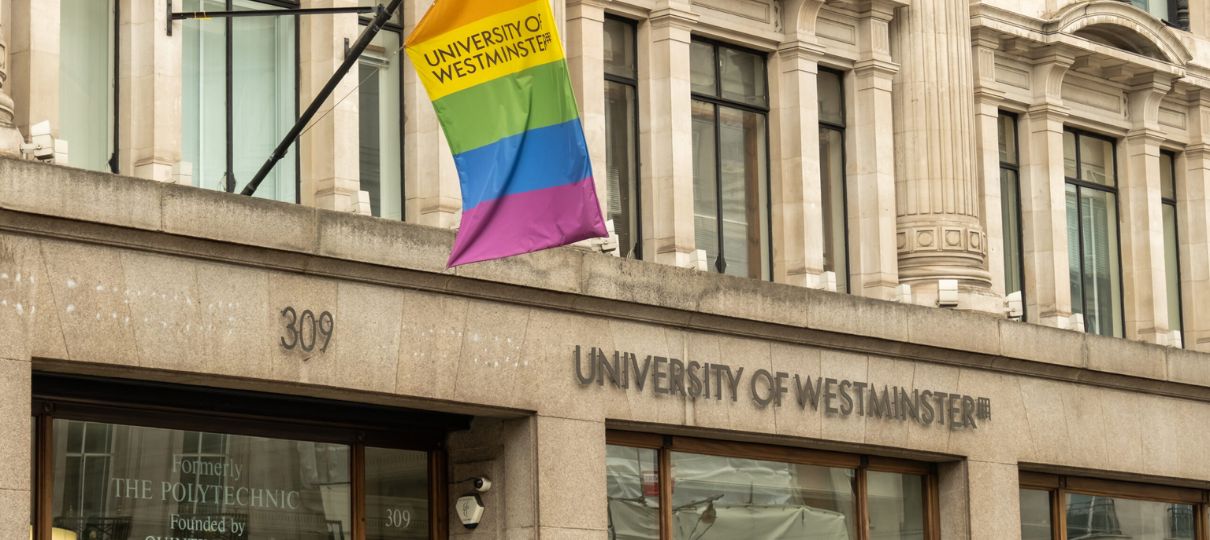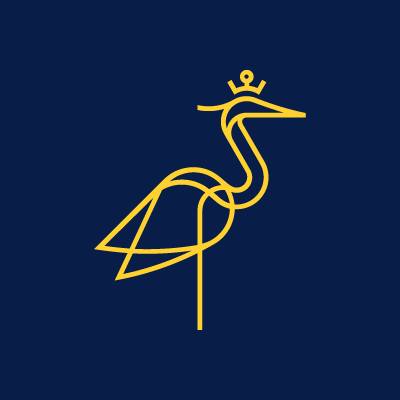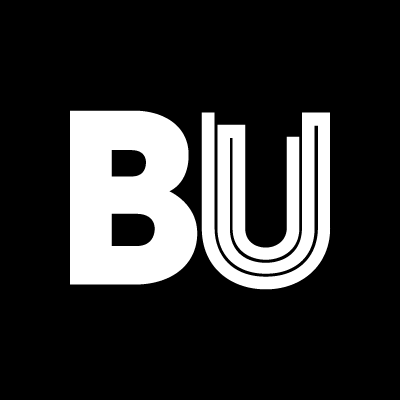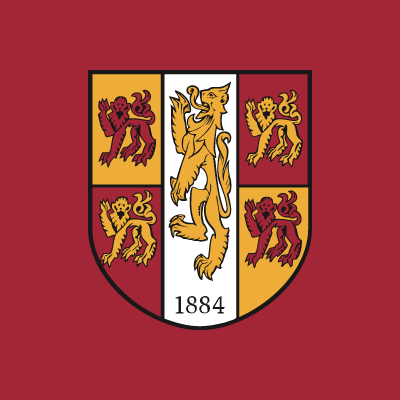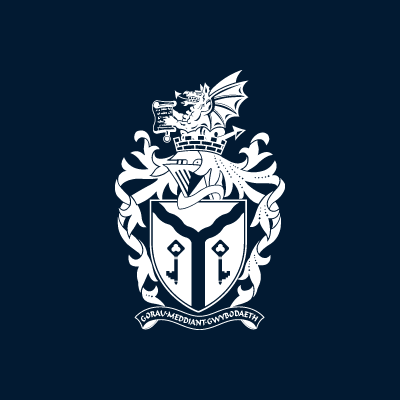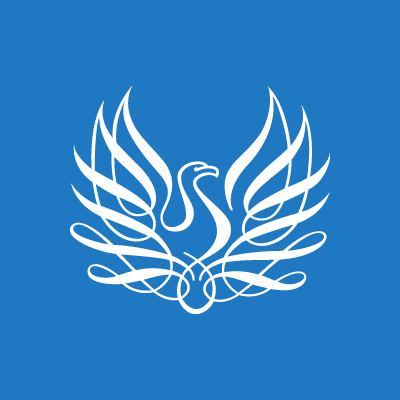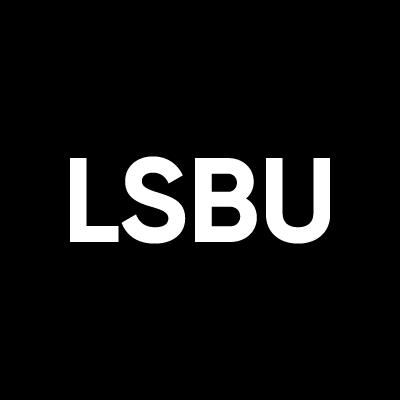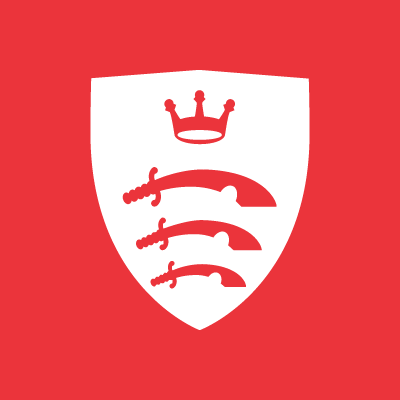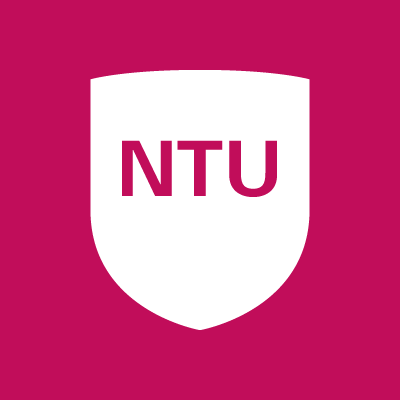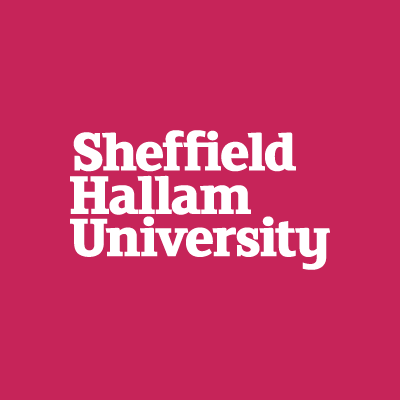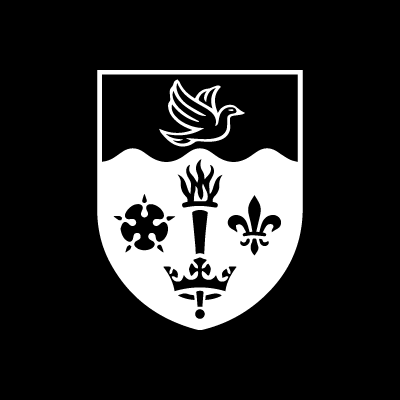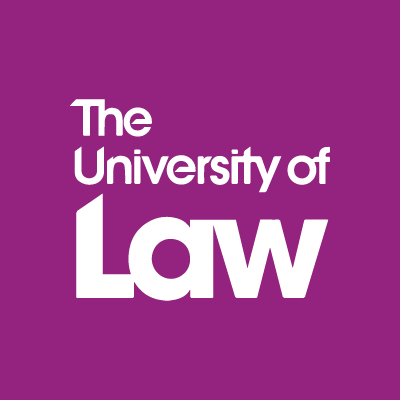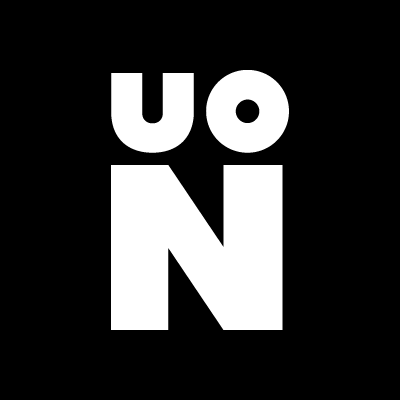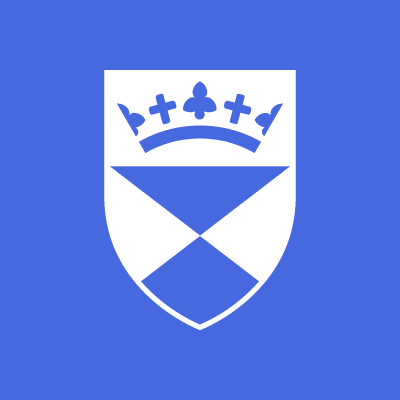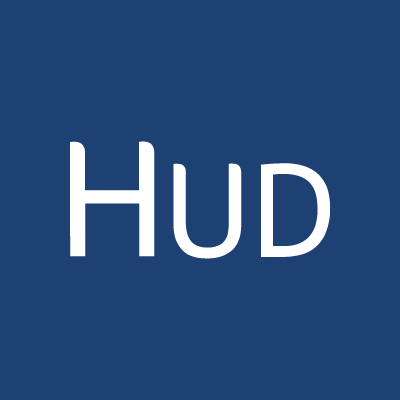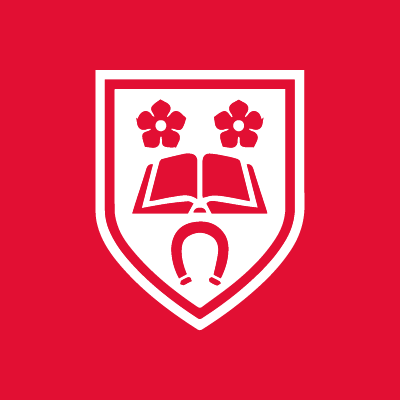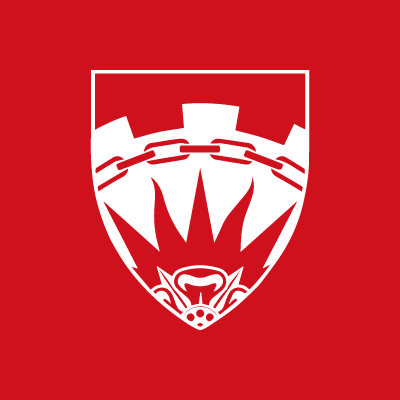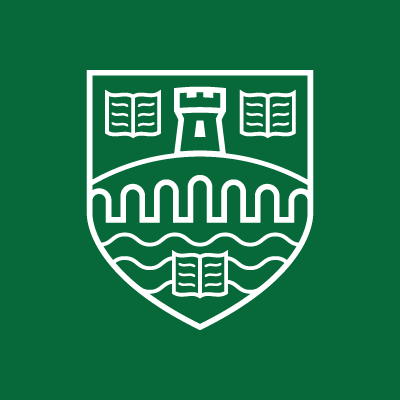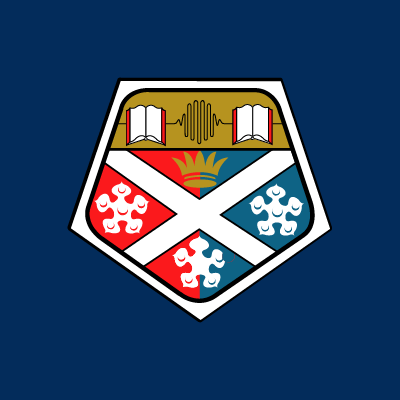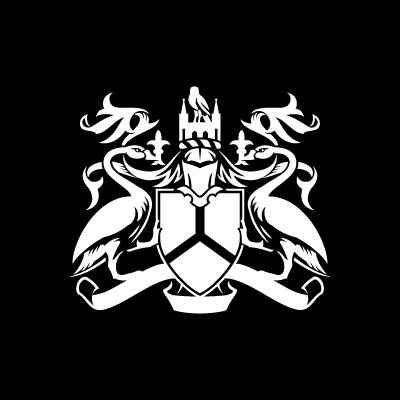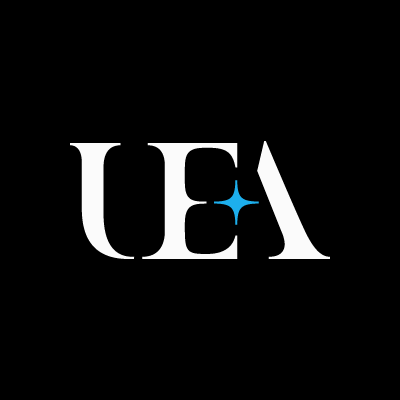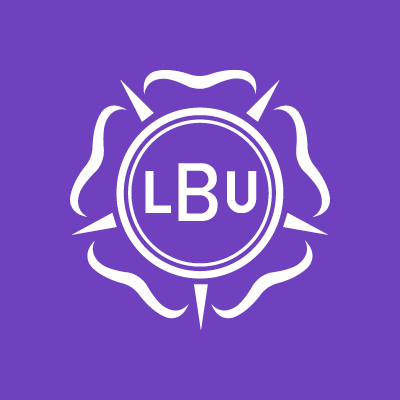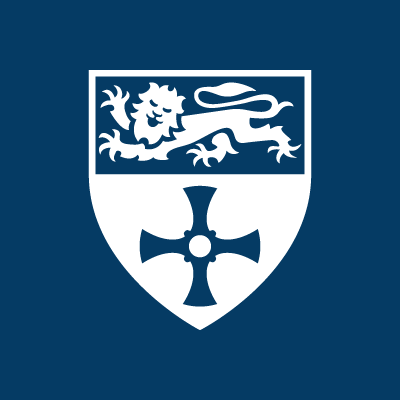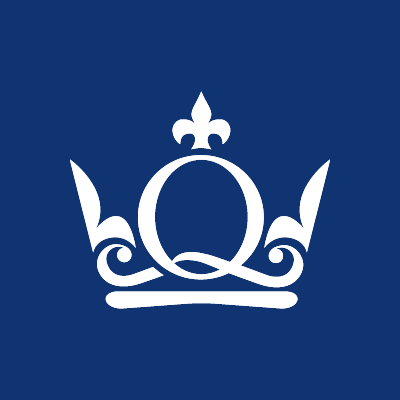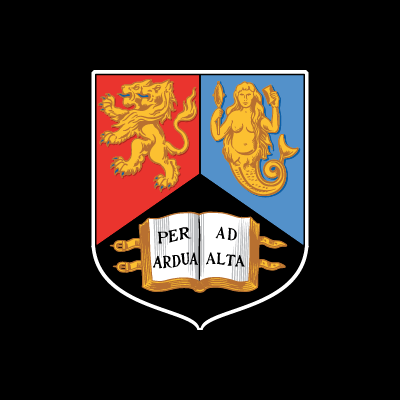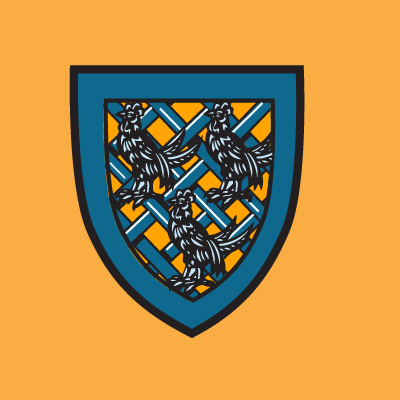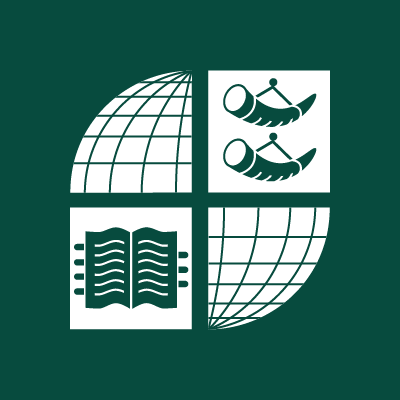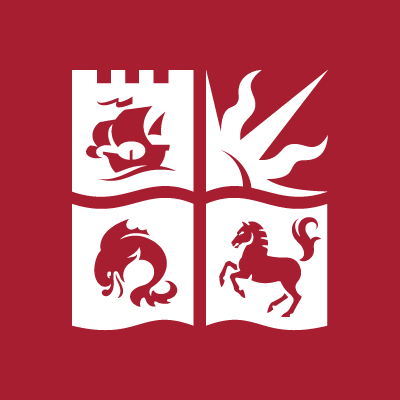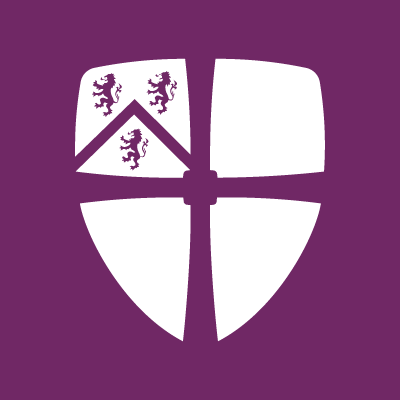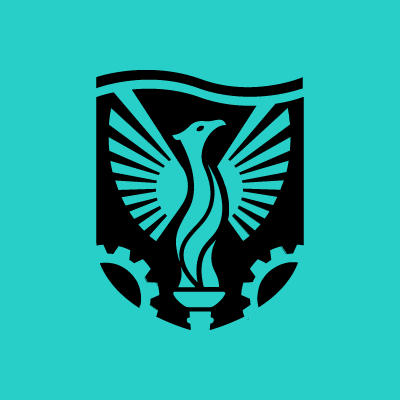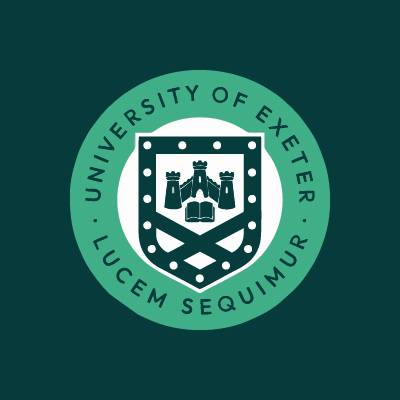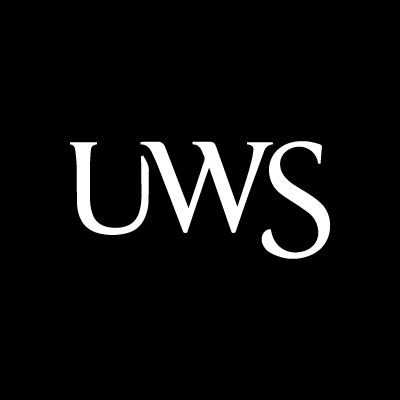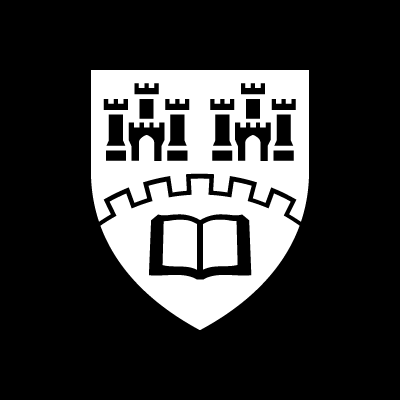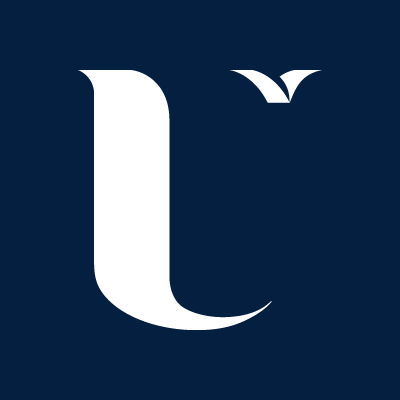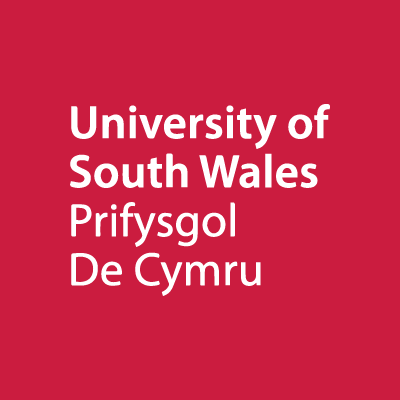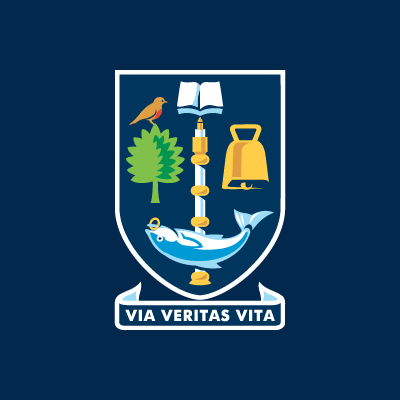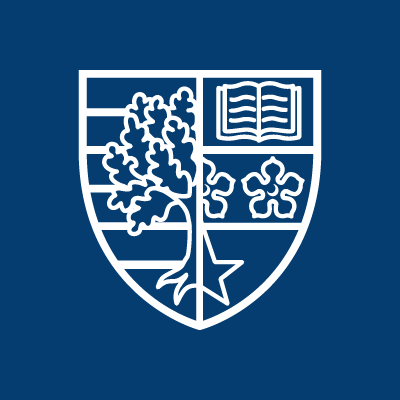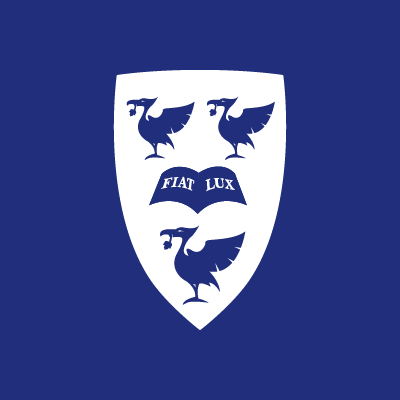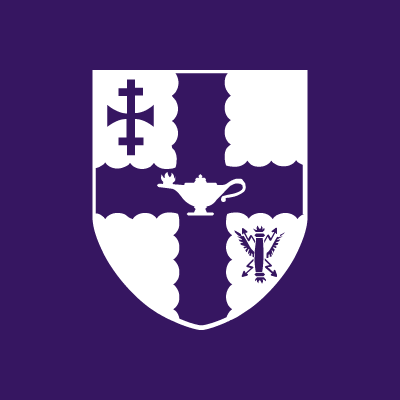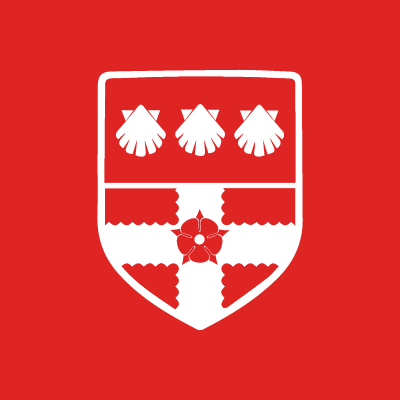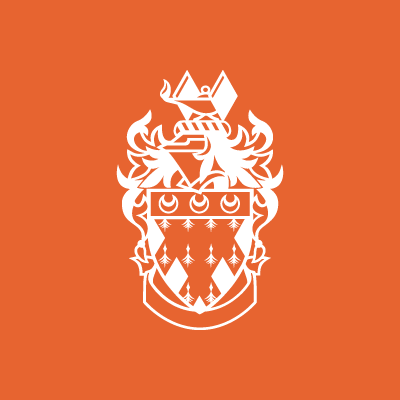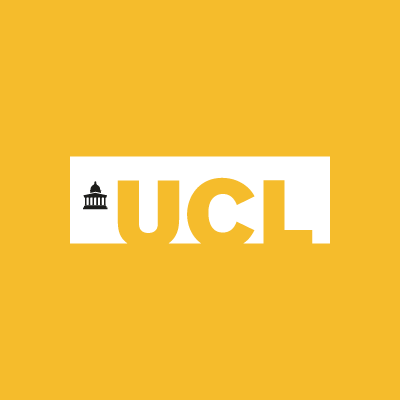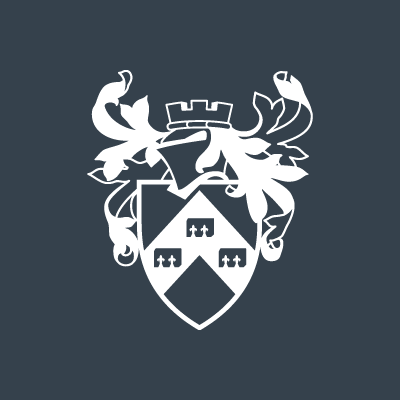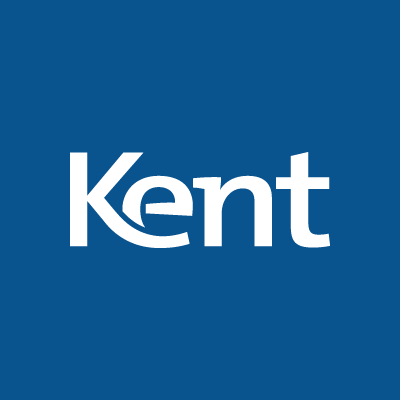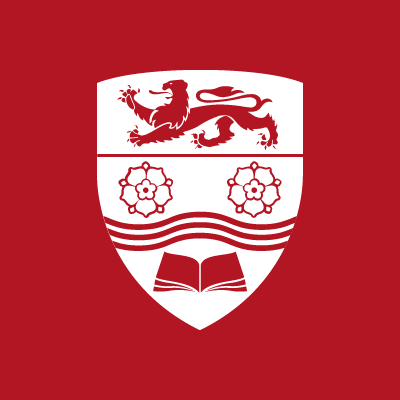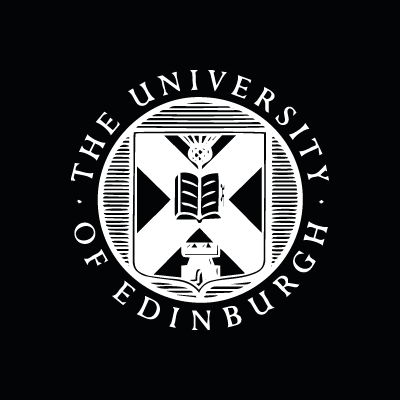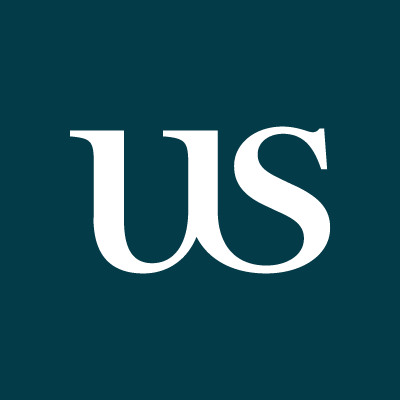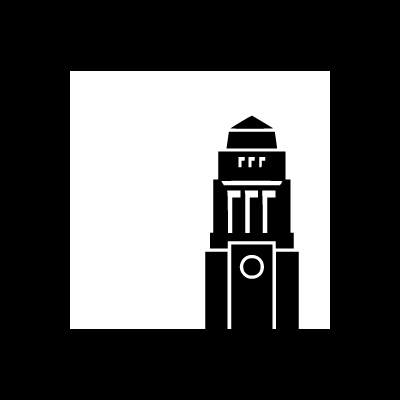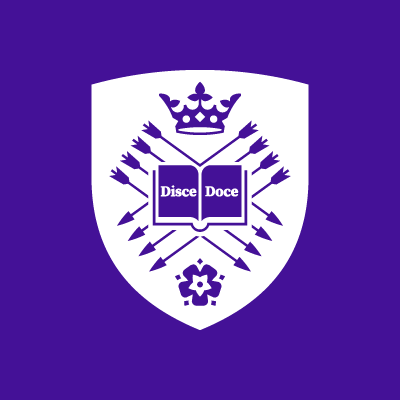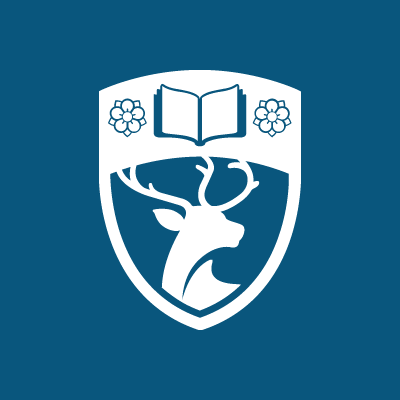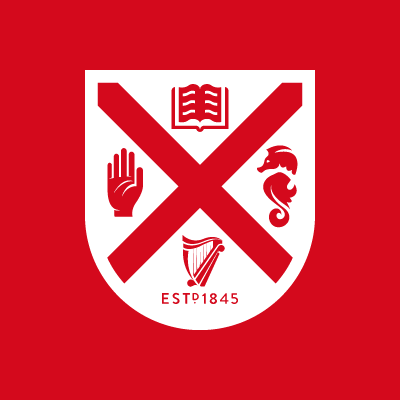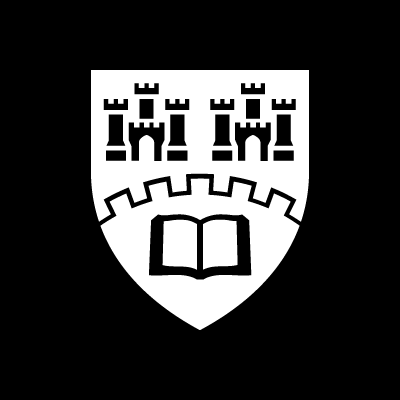University of Westminster, thành lập năm 1838, là trường bách khoa đầu tiên ở London và một trong những trường đầu tiên tại Anh, với sứ mệnh hỗ trợ sinh viên từ nhiều hoàn cảnh khác nhau phát huy tối đa tiềm năng. Trường hiện có hơn 21,000 sinh viên đến từ 169 quốc gia, tạo môi trường học tập đa văn hóa. Với 183 đối tác doanh nghiệp, sinh viên có nhiều cơ hội thực tập và trải nghiệm thực tế. Trường cung cấp nhiều chương trình phát triển kỹ năng, tài nguyên và hỗ trợ nghề nghiệp, giúp sinh viên sẵn sàng cho thị trường lao động cạnh tranh. Đây là lựa chọn lý tưởng cho những ai tìm kiếm môi trường học tập chất lượng cao và cơ hội phát triển toàn diện.
Thành phố
Trường tọa lạc tại London – thủ đô của Vương quốc Anh, là một trong những thành phố toàn cầu sôi động và đa dạng nhất thế giới. London là trung tâm tài chính, văn hóa, giáo dục và công nghệ, thu hút sinh viên, du khách và chuyên gia từ khắp nơi trên thế giới.
Các thông tin nổi bật
["#119 \u0110\u1ea1i h\u1ecdc h\u00e0ng \u0111\u1ea7u UK (The Guardian University Guide 2024)","#18 \u0110\u1ea1i h\u1ecdc h\u00e0ng \u0111\u1ea7u d\u00e0nh cho sinh vi\u00ean qu\u1ed1c t\u1ebf (THE 2024)","Ch\u1ee9ng nh\u1eadn B\u1ea1c v\u1ec1 ch\u1ea5t l\u01b0\u1ee3ng gi\u1ea3ng d\u1ea1y (TEF 2023)","#50 th\u1ebf gi\u1edbi v\u1ec1 \"Tri\u1ec3n v\u1ecdng Qu\u1ed1c t\u1ebf\" (THE Young University Ranking 2024)","#15 th\u1ebf gi\u1edbi v\u1ec1 t\u1ef7 l\u1ec7 sinh vi\u00ean qu\u1ed1c t\u1ebf (Times Higher Education, 2018)","#2 London v\u1ec1 ch\u1ea5t l\u01b0\u1ee3ng nghi\u00ean c\u1ee9u (REF 2021)"]Cơ sở vật chất
University of Westminster có bốn campus chính, mỗi campus đều được trang bị cơ sở vật chất hiện đại, phục vụ chuyên biệt cho từng nhóm ngành đào tạo. Cavendish Campus nổi bật với các phòng thí nghiệm, trung tâm mô phỏng y sinh và hệ thống phòng máy tính tiên tiến, đặc biệt là thư viện hoạt động 24/7 trong mùa thi. Marylebone Campus, nằm đối diện ga Baker Street, là nơi đặt trụ sở của Westminster Business School, với các studio thiết kế kiến trúc quy mô lớn và không gian học tập mô phỏng môi trường doanh nghiệp. Regent Street Campus, cơ sở gốc của trường, kết hợp hài hòa giữa kiến trúc cổ điển và công nghệ giảng dạy hiện đại, đặc biệt nổi bật với Regent Street Cinema – rạp chiếu phim lịch sử của Anh. Trong khi đó, Harrow Campus được thiết kế dành riêng cho lĩnh vực nghệ thuật, truyền thông và thiết kế, với hệ thống studio thu âm, phòng dựng phim và sân khấu biểu diễn chuyên nghiệp, tạo điều kiện thực hành tốt nhất cho sinh viên ngành công nghiệp sáng tạo.
Trường cũng đầu tư mạnh vào các không gian hỗ trợ học tập như thư viện, ký túc xá, trung tâm thể thao và khu sinh hoạt chung, nhằm tạo dựng một môi trường học tập toàn diện, hiện đại và đa văn hóa cho cộng đồng sinh viên quốc tế.
- Nằm tại khu Tottenham Hale, cách trung tâm London 15 phút di chuyển
- Gồm 528 phòng en-suite (có phòng tắm riêng)
- Mỗi phòng có bàn học, tủ đồ và chia sẻ bếp, phòng sinh hoạt chung
- Chi phí từ £286.08/tuần cho hợp đồng 42 tuần, đã bao gồm các hóa đ ơn
- Nằm ngay trong khuôn viên cơ sở Harrow
- Dành cho sinh viên đại học, sau đại học và chương trình trao đổi
- Phòng có giường đơn, bàn học, tủ đồ, kệ sách, gương và nhà vệ sinh riêng
- Tiện ích gồm phòng giặt, khu sinh hoạt chung, bếp dùng chung, WiFi
- Chi phí từ £208.67 - £266/tuần cho hợp đồng 38 tuần.
- Nằm ở trung tâm London, gần các địa điểm nổi tiếng và thuận tiện cho việc đi lại
- Phòng có bàn học, tủ đồ, chậu rửa; sinh viên dùng chung bếp và phòng tắm
- Giá thuê đã bao gồm WiFi, điện nước, bảo hiểm đồ dùng
- Phòng đơn (£190.89/tuần) và căn hộ 1 phòng ngủ riêng (£312.34/tuần), hợp đồng 38 tuần
Chương trình giảng dạy
Trường được tổ chức theo mô hình hiện đại và đa ngành, gồm 3 khối học thuật chính, với tổng cộng 12 khoa chuyên môn, phản ánh sự đa dạng trong đào tạo và nghiên cứu
| Westminster Business School | College of Liberal Arts and Sciences |
| College of Design, Creative and Digital Industries |
Học phí
| Phân loại | Mức chi phí trên năm |
| Học phí | £17,000 |
| Nhà ở | £7,253 |
| Ăn uống | £2,500 |
| Tổng chi phí | £26,753 |
| Phân loại | Mức chi phí trên năm |
| Học phí | £15,500 |
| Nhà ở | £7,253 |
| Ăn uống | £2,500 |
| Tổng chi phí | £25,253 |
Học bổng
International Postgraduate Excellence Award – September 2025 (£3,000)
Who is for? The International Postgraduate Excellence Award is designed to support international students who have achieved academic excellence and show passion for their chosen field of study.
How much is it? £3,000 Tuition Fee Award paid directly to the University towards your tuition fees in your first semester. This amount cannot go towards the £5,500 deposit payment required to secure your CAS (student visa).
How to apply? Deadline: 2 June 2025
International Postgraduate Excellence Award – September 2025 (£3,000)
Who is for? The International Postgraduate Excellence Award is designed to support international students who have achieved academic excellence and show passion for their chosen field of study.
How much is it? £3,000 Tuition Fee Award paid directly to the University towards your tuition fees in your first semester. This amount cannot go towards the £5,500 deposit payment required to secure your CAS (student visa).
How to apply?
Deadline: 2 June 2025
Sporting Excellence Award – September 2025 (£2,500-£5,000)
Who is for? To be eligible to apply applicants must:
- Be of academy, national or international standard in any sport or show strong evidence of future outstanding potential
- Be classified as overseas fee status
- Be holding an offer for a full time Bachelor’s or Master’s course starting in September 2025 at the University of Westminster
How much is it? Tuition fee awards of between £2,500-£5,000 will be paid directly to the University towards your tuition fees in your first semester.
How to apply? Deadline: 2 June 2025
Applications must include a statement outlining your sporting achievements.
International School Undergraduate Excellence Award – September 2025 (£2,500)
Who is for? The International School Excellence Award is available for undergraduate students who are currently studying or who have recently graduated from an International School based outside of the UK.
How much is it? £2,500 Tuition Fee Award paid directly to the University towards your tuition fees in your first semester.
How to apply?
Deadline: 16 June 2025
Please note that we will not start contacting students about the outcome of the application until after 7 July.
Khóa học
Accounting and Finance
Arabic and English
Arabic and International Business
Arabic and International Communication
Arabic and International Communication with Foundation
Arabic and International Relations
Arabic and Linguistics
Architectural Technology
Architectural Technology with Foundation
Architecture and Environmental Design
Architecture and Environmental Design with Foundation
Architecture with Foundation
Biochemistry
Biochemistry with Foundation
Biological Sciences
Biological Sciences with Foundation
Biomedical Science
Biomedical Science with Foundation
Business Computing
Business Computing with Foundation
Business Management
Business Management (Digital Business)
Business Management (Entrepreneurship)
Business Management (Human Resources Management)
Business Management (Marketing)
Business Management with Foundation
Chinese and English
Chinese and International Business
Chinese and International Communication
Chinese and International Communication with Foundation
Chinese and International Relations
Chinese and Linguistics
Cognitive and Clinical Neuroscience
Computer Games Development
Computer Games Development with Foundation
Computer Science
Computer Science with Foundation
Construction Management
Construction Management with Foundation
Creative and Professional Writing
Creative Computing
Creative Computing with Foundation
Creative Media Arts
Creative Media Arts with Foundation
Creative Writing and English Language
Creative Writing and English Literature
Creative Writing and English Literature with Foundation
Criminology
Criminology with Foundation
Culture, Environment and Social Change
Cyber Security and Forensics with Foundation
Data Science and Analytics with Foundation
Digital Marketing
Digital Media and Communication
Digital Media and Journalism
Digital Media Production
Digital Media, Public Relations and Advertising
Economics and Management
Economics
English Language and International Communication
English Language and Linguistics with Foundation
English Literature and History
English Literature and Language
English Literature and Language with Foundation
English Literature
English Literature with Foundation
European Legal Studies
Fashion Business Management with Professional Experience
Fashion Design
Fashion Marketing and Promotion
Fashion Photography
Fashion Photography with Foundation
Film
Finance and Business Management
Finance
Financial Economics
Fine Art Mixed Media
Fine Art Mixed Media with Foundation
FinTech with Data Analytics
French and English
French and International Business
French and International Communication
French and International Communication with Foundation
French and International Relations
French and Linguistics
Games Art
Games Art with Foundation
Games Design
Games Design with Foundation
Global Challenges
Accounting and Business Management
Global Trade and Business
Graphic Design
Graphic Design with Foundation
History and Politics
History
History with Foundation
Human Nutrition
Human Nutrition with Foundation
Illustration
Illustration with Foundation
Interior Architecture w Foundation
International Business
International Communication and International Business
International Event Management
International Marketing
International Relations and Development
International Relations and Development with Foundation
International Relations with Foundation
Languages and Translation
Languages and Translation with Foundation
Law and Criminal Justice
Law and International Relations
Law
Law with Foundation
Law with French Law
Marketing and Data Analytics
Marketing Communications with AI Intergration
Medical Science
Music Production, Performance and Business
Music Production, Performance and Business with Foundation
Pharmacology and Physiology
Pharmacology and Physiology with Foundation
Photography
Photography with Foundation
Policing
Politics and International Relations
Politics and International Relations with Foundation
Politics
Politics with Foundation
Psychology and Counselling
Psychology and Counselling with Foundation
Psychology and Criminology
Psychology with Foundation
Public Health
Quantity Surveying and Commercial Management
Quantity Surveying and Commercial Management with Foundation
Real Estate
Real Estate with Foundation
Sociology and Criminology
Sociology
Sociology with Foundation
Software Engineering
Software Engineering with Foundation
Software Engineering with Electronics
Software Engineering with Electronics with Foundation
Spanish and English
Spanish and International Business
Spanish and International Communication
Spanish and International Communication with Foundation
Spanish and International Relations
Spanish and Linguistics
Sports Management
Sustainable Business Management
Television Production
Urban Planning and Design
Urban Planning and Design with Foundation
Advanced Legal Research
AI, Data and Communication
Air Transport Planning and Management
Applied Artificial Intelligence
Applied Biotechnology
Architecture & Sustainable Heritage
Art and Emerging Technologies
Art and Visual Culture
Artificial Intelligence and Digital Health
Audio Production
Big Data Technologies
Biomedicla Science
Business and Organisational Psychology
Business of Film
Communication
Construction Project Management
Corporate Finance Law
Creative Practice
Creative Writing: Writing the City
Culture and Critical Studies
Data and Marketing Analytics
Digital Maketing Management
Digital Media: Storytelling and Production
Diplomacy and Global Politics
Economic Policy and Analysis
English Language and Literature
English Literature: Modern and Contemporary Fictions
Entertainment Law
Entrepreneurship. Innovation and Enterprise Development
Architecture
Animation
Animation with Foundation
Cyber Security and Forensics
Data Science and Analytics
English Language and Linguistics
Environmental Sustainability and Data Science
Event Design and Management
Expanded Photography
Fashion Accessories Design
Fashion Business Management
Fashion Manufacturing
Fashion Sustainability
Film, Television and Moving Image
Finance and Accounting
Finance (International Finance)
FinTech with Business Analytics
Forensic Psychology
Global Contemporary Art
Global Criminology
Global Development
Global Media
Global Public Health Nutrition
Global Public Health Nutrition with Data Science
Health Psychology
Human Resource Management
Immersive Media Design
Interactive Media Practice
Interior Architecture
International and Commercial Dispute Resolution Law
International Business and Management
International Commercial and Corporate Law
International Communication - Liaison and Advocacy
International Development Management
International Human Resource Management
International Law
International Planning and Sustainability Development
International Relations and Democratic Politics
International Relations and Security
International Relations
Investment and Risk Finance
Law and Technology
Legal Practice
Legal Practice Postgraduate Diploma
Logistics and Supply Chain Management
Management
Marketing Communications
Marketing Management
Master of Architecture
Master of Business Administration
Media and Development
Media, Campaigning and Social Change
Media Management
Menswear
Menswear with Professional Experience
Multimedia Journalism (Broadcast)
Multimedia Journalism (Print & Online
Museums, Galleries and Contemporary Culture
Museums, Galleries and Contemporary Culture with Professional Experience
Music Business Management
Pharmaceutical Science
Professional Legal Practice
Professional Legal Practice Postgraduate Diploma
Professional Writing
Professional Writing with Extended Work Placement
Project Management
Psychology
Public Relations
Real Estate Development
Social Media and Digital Communication
Software Engineering (Conversion)
Specialised Translation
Specialised Translation with Professional Experience
Sports and Exercise Nutrition
Sustainability Management and Innovation
Teach English to Speakers of Other Languages (TESOL)
Tourism Management
Translation and Interpreting
Translation and Interpreting with Professional Experience
Transport Planning
Transport Planning Postgraduate Diploma
Urban and Regional Planning
Urban Design
Urban Design Postgraduate Diploma
Accounting and Finance
Arabic and English
Arabic and International Business
Arabic and International Communication
Arabic and International Communication with Foundation
Arabic and International Relations
Arabic and Linguistics
Architectural Technology
Architectural Technology with Foundation
Architecture and Environmental Design
Architecture and Environmental Design with Foundation
Architecture with Foundation
Biochemistry
Biochemistry with Foundation
Biological Sciences
Biological Sciences with Foundation
Biomedical Science
Biomedical Science with Foundation
Business Computing
Business Computing with Foundation
Business Management
Business Management (Digital Business)
Business Management (Entrepreneurship)
Business Management (Human Resources Management)
Business Management (Marketing)
Business Management with Foundation
Chinese and English
Chinese and International Business
Chinese and International Communication
Chinese and International Communication with Foundation
Chinese and International Relations
Chinese and Linguistics
Cognitive and Clinical Neuroscience
Computer Games Development
Computer Games Development with Foundation
Computer Science
Computer Science with Foundation
Construction Management
Construction Management with Foundation
Creative and Professional Writing
Creative Computing
Creative Computing with Foundation
Creative Media Arts
Creative Media Arts with Foundation
Creative Writing and English Language
Creative Writing and English Literature
Creative Writing and English Literature with Foundation
Criminology
Criminology with Foundation
Culture, Environment and Social Change
Cyber Security and Forensics with Foundation
Data Science and Analytics with Foundation
Digital Marketing
Digital Media and Communication
Digital Media and Journalism
Digital Media Production
Digital Media, Public Relations and Advertising
Economics and Management
Economics
English Language and International Communication
English Language and Linguistics with Foundation
English Literature and History
English Literature and Language
English Literature and Language with Foundation
English Literature
English Literature with Foundation
European Legal Studies
Fashion Business Management with Professional Experience
Fashion Design
Fashion Marketing and Promotion
Fashion Photography
Fashion Photography with Foundation
Film
Finance and Business Management
Finance
Financial Economics
Fine Art Mixed Media
Fine Art Mixed Media with Foundation
FinTech with Data Analytics
French and English
French and International Business
French and International Communication
French and International Communication with Foundation
French and International Relations
French and Linguistics
Games Art
Games Art with Foundation
Games Design
Games Design with Foundation
Global Challenges
Accounting and Business Management
Global Trade and Business
Graphic Design
Graphic Design with Foundation
History and Politics
History
History with Foundation
Human Nutrition
Human Nutrition with Foundation
Illustration
Illustration with Foundation
Interior Architecture w Foundation
International Business
International Communication and International Business
International Event Management
International Marketing
International Relations and Development
International Relations and Development with Foundation
International Relations with Foundation
Languages and Translation
Languages and Translation with Foundation
Law and Criminal Justice
Law and International Relations
Law
Law with Foundation
Law with French Law
Marketing and Data Analytics
Marketing Communications with AI Intergration
Medical Science
Music Production, Performance and Business
Music Production, Performance and Business with Foundation
Pharmacology and Physiology
Pharmacology and Physiology with Foundation
Photography
Photography with Foundation
Policing
Politics and International Relations
Politics and International Relations with Foundation
Politics
Politics with Foundation
Psychology and Counselling
Psychology and Counselling with Foundation
Psychology and Criminology
Psychology with Foundation
Public Health
Quantity Surveying and Commercial Management
Quantity Surveying and Commercial Management with Foundation
Real Estate
Real Estate with Foundation
Sociology and Criminology
Sociology
Sociology with Foundation
Software Engineering
Software Engineering with Foundation
Software Engineering with Electronics
Software Engineering with Electronics with Foundation
Spanish and English
Spanish and International Business
Spanish and International Communication
Spanish and International Communication with Foundation
Spanish and International Relations
Spanish and Linguistics
Sports Management
Sustainable Business Management
Television Production
Urban Planning and Design
Urban Planning and Design with Foundation
Animation
Animation with Foundation
Advanced Legal Research
AI, Data and Communication
Air Transport Planning and Management
Applied Artificial Intelligence
Applied Biotechnology
Architecture & Sustainable Heritage
Art and Emerging Technologies
Art and Visual Culture
Artificial Intelligence and Digital Health
Audio Production
Big Data Technologies
Biomedicla Science
Business and Organisational Psychology
Business of Film
Communication
Construction Project Management
Corporate Finance Law
Creative Practice
Creative Writing: Writing the City
Culture and Critical Studies
Data and Marketing Analytics
Digital Maketing Management
Digital Media: Storytelling and Production
Diplomacy and Global Politics
Economic Policy and Analysis
English Language and Literature
English Literature: Modern and Contemporary Fictions
Entertainment Law
Entrepreneurship. Innovation and Enterprise Development
Architecture
Cyber Security and Forensics
Data Science and Analytics
English Language and Linguistics
Environmental Sustainability and Data Science
Event Design and Management
Expanded Photography
Fashion Accessories Design
Fashion Business Management
Fashion Manufacturing
Fashion Sustainability
Film, Television and Moving Image
Finance and Accounting
Finance (International Finance)
FinTech with Business Analytics
Forensic Psychology
Global Contemporary Art
Global Criminology
Global Development
Global Media
Global Public Health Nutrition
Global Public Health Nutrition with Data Science
Health Psychology
Human Resource Management
Immersive Media Design
Interactive Media Practice
Interior Architecture
International and Commercial Dispute Resolution Law
International Business and Management
International Commercial and Corporate Law
International Communication - Liaison and Advocacy
International Development Management
International Human Resource Management
International Law
International Planning and Sustainability Development
International Relations and Democratic Politics
International Relations and Security
International Relations
Investment and Risk Finance
Law and Technology
Legal Practice
Legal Practice Postgraduate Diploma
Logistics and Supply Chain Management
Management
Marketing Communications
Marketing Management
Master of Architecture
Master of Business Administration
Media and Development
Media, Campaigning and Social Change
Media Management
Menswear
Menswear with Professional Experience
Multimedia Journalism (Broadcast)
Multimedia Journalism (Print & Online
Museums, Galleries and Contemporary Culture
Museums, Galleries and Contemporary Culture with Professional Experience
Music Business Management
Pharmaceutical Science
Professional Legal Practice
Professional Legal Practice Postgraduate Diploma
Professional Writing
Professional Writing with Extended Work Placement
Project Management
Psychology
Public Relations
Real Estate Development
Social Media and Digital Communication
Software Engineering (Conversion)
Specialised Translation
Specialised Translation with Professional Experience
Sports and Exercise Nutrition
Sustainability Management and Innovation
Teach English to Speakers of Other Languages (TESOL)
Tourism Management
Translation and Interpreting
Translation and Interpreting with Professional Experience
Transport Planning
Transport Planning Postgraduate Diploma
Urban and Regional Planning
Urban Design
Urban Design Postgraduate Diploma
Yêu cầu đầu vào
| Yêu cầu | Chi tiết |
| Bằng cấp | Hoàn thành lớp 11 |
| GPA | 6.0 |
| IELTS UKVI | 4.5 (minimum 4.0) |
| Tổ chức đào tạo | Kaplan International Pathway |
| Yêu cầu | Chi tiết |
| Bằng cấp | Hoàn thành lớp 12 |
| GPA | 6.0 |
| IELTS UKVI | 5.5 (minimu5) |
| Tổ chức đào tạo | Kaplan International Pathway |
| Yêu cầu | Chi tiết |
| Bằng cấp | Hoàn thành Dự bị Đại học/ Năm 1 Đại học |
| GPA | 6.5 |
| IELTS | 6.0 (minimum 5.5) |
| TOEFL | 78 (R17; R 18; S 20) |
| PTE | 59 |
| Yêu cầu | Chi tiết |
| Bằng cấp | Hoàn thành Dự bị Đại học/ Năm 1 Đại học |
| GPA | 6.0 |
| IELTS | 6.5 (minimum 6.) |
| TOEFL | 88 (L 17; W 21; R 18; S 20) |
| PTE | 59 |
Feedback
Thư viện ảnh
Trường tương tự
Trường Đại học có lịch sử gần 200 năm với chất lượng đào tạo hàng đầu UK

Trường Đại học lớn với cộng đồng đa dạng bậc nhất UK

Trường chuyên ngành luật hàng đầu và lâu đời nhất ở Vương quốc Anh

Trường Đại học năng động và hiện đại hàng đầu Anh Quốc

Trường Đại học doanh nghiệp hàng đầu tại Vương Quốc Anh

Trường Đại học hiện đại có chất lượng đào tạo cao

Ngôi trường được xếp hạng Vàng về chất lượng giảng dạy

Trường đại học có chất lượng đào tạo được đánh giá cao

Ngôi trường với chất lượng giáo dục, giảng dạy và nghiên cứu hàng đầu Anh Quốc

Trường Đại học đẳng cấp và hiện đại hàng đầu thế giới








Top 10 trường đại học tại Anh Quốc về chất lượng giảng dạy













